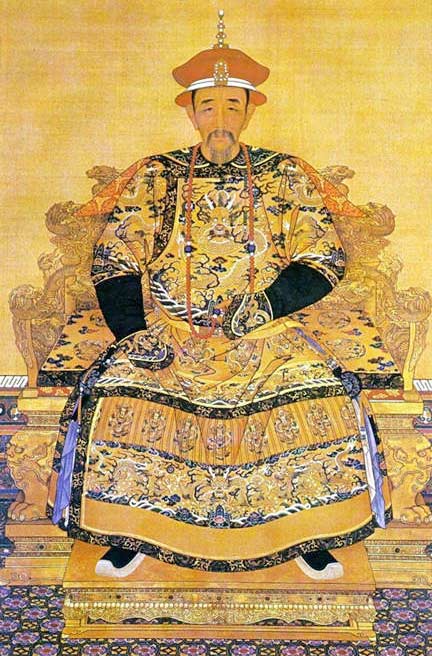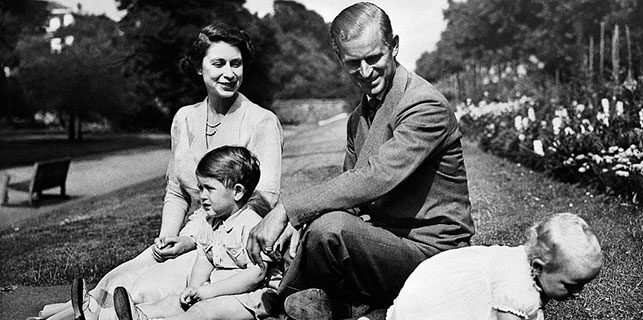On his majesty's service, and at his mercy
 |
|
Qing Emperor Kangxi (1654-1722). [Photo provided to China Daily] |
"By the time von Bell entered himself into the service of Chongzhen, the discrepancies between the existing calendar and the solar year had become so glaring for the topic to appear on the civil service exam," Zhang says. "All Chinese emperors believed that their right to rule was mandated by Heaven. It was likely that Chongzhen, facing the imminent demise of his empire, might have hoped for a reversal of things through a rereading of Heaven's messages."
That did not happen, of course: after 276 years the Ming Dynasty ended tragically with the suicide of Chongzhen, who hanged himself on a tree in one of his royal gardens. Founders of Qing, China's last feudal dynasty, became the new rulers. Fear and turmoil reigned in the capital. However, for von Bell, this initial chaos proved to be the beginning of a new era in which the missionary saw himself rise to a prominence previously unimaginable.
The Chongzhen Calendar, the product of his hard labor, was adopted by the Qing court. Moreover, he was able to cultivate a close relationship with Emperor Shunzhi, the ambitious and wide-eyed young master. For the next half century, despite occasional twists and setbacks, Jesuit missionaries in China enjoyed a prolonged honeymoon, first with Shunzhi and then with his son and successor Emperor Kangxi.
Kangxi owed his very life to the French missionary Joachim Bouvet (1656-1730), who pulled the emperor from the abyss of death with a dose of Quinine. Bouvet, together with his fellow French Jean Francois Gerbillon (1654-1707) also acted as the math teacher for Kangxi, who seemed to have inherited the curiosity from his short-lived father.
However, Kangxi, who became emperor when he was 8 and dealt a fatal blow to his political foes to secure his own role when he was 15, probably knew more about balancing power than any of his missionary teachers or aides.
He harnessed the powers of the missionaries with great skill. On one hand, the emperor employed their knowledge to the fullest, pushing them to work double hard.









